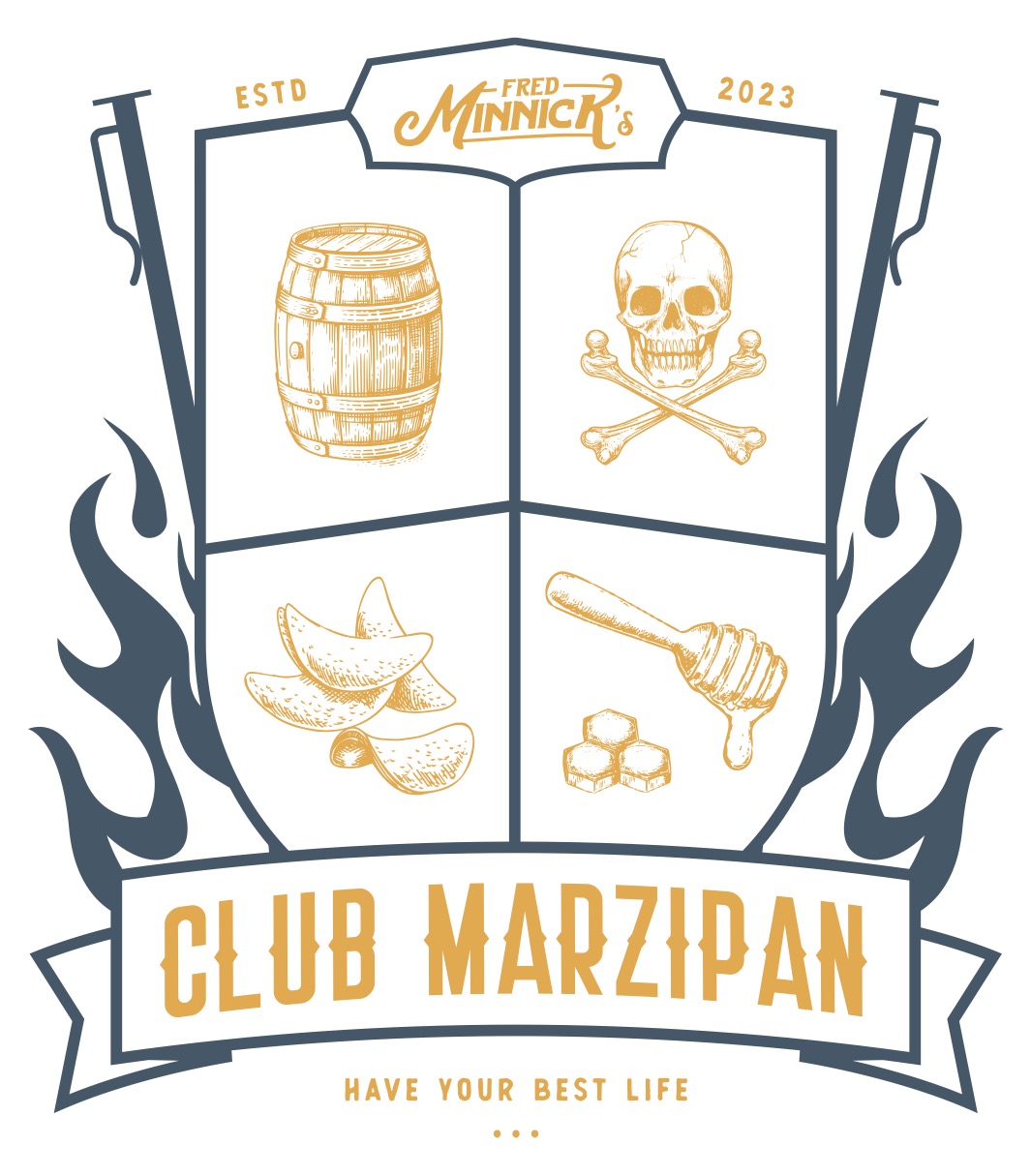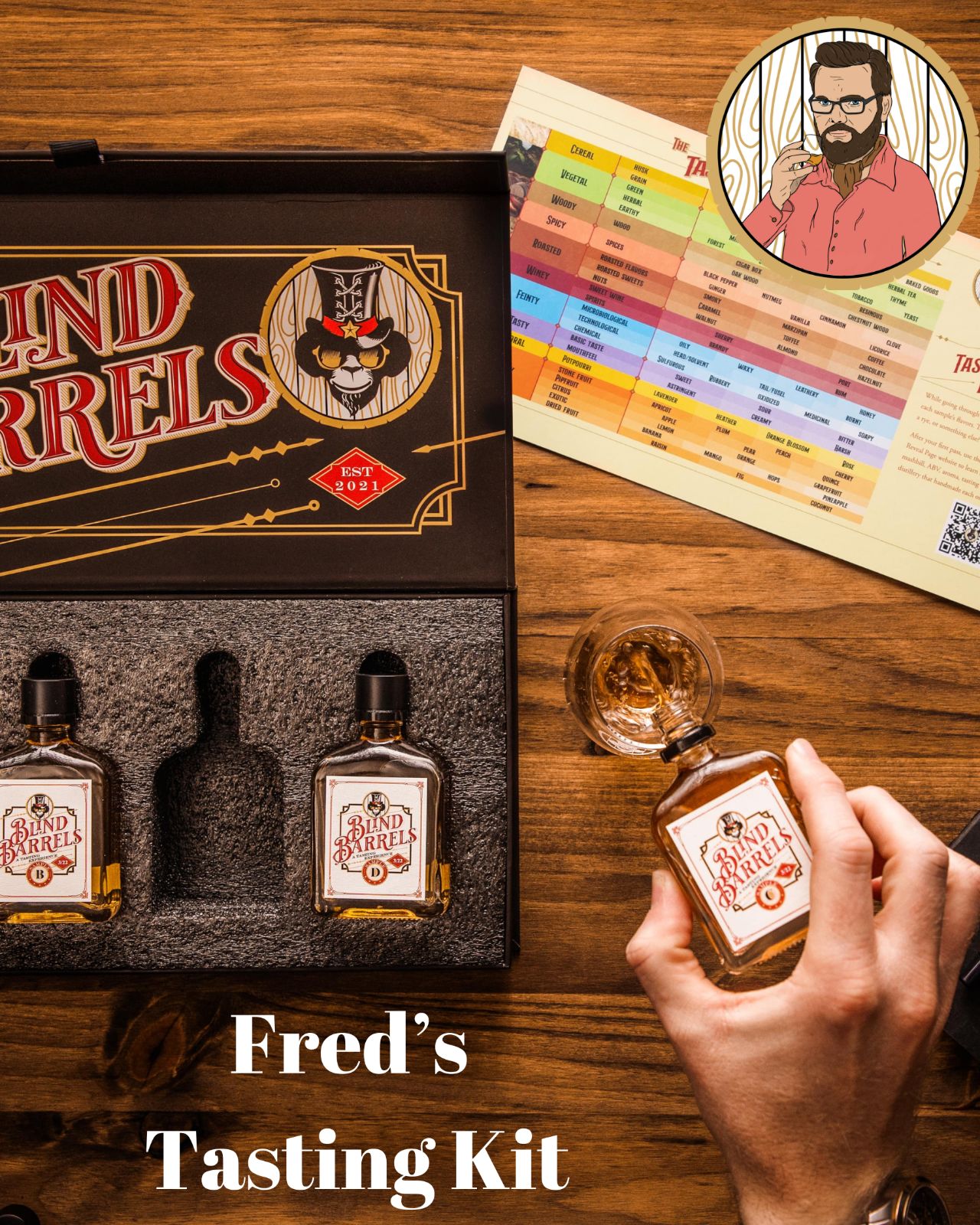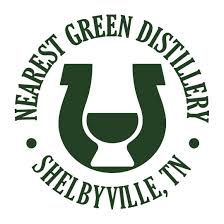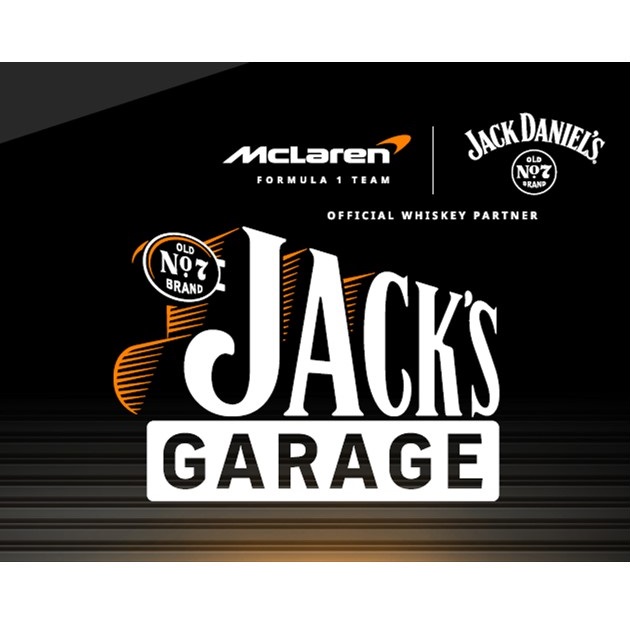Drinking Responsibly: Moderation, Alcohol and Me
Drinking responsibly. Alcohol companies encourage this.
Beer brands show off the rippled-abs of beach bodies or make you laugh with a magic refrigerator, while whiskeys encourage salivation over a dram. At the end of all booze ads, even Avion tequila’s “bondage” TV commercials, the companies tell us to “drink responsibly.” Well, unless it’s a Beam Inc. product, in which case they trademarked “Drink Smart.”
But what does “drinking responsibly” mean?
Don’t drive drunk? Never do this.
Don’t drink and beat people up? Yup, that’s when the police get involved.
Don’t drink to intoxication, take your clothes off and end up next to a homeless man warming his hands over a burning trashcan? That’s in the drinker’s manual, I believe.
I’d like to add one for the drinking responsibly edicts: Don’t drink on the something-bad-happened-to-me anniversaries. Contrary to popular belief, drinking to forget is not drinking responsibly. Lost loved ones, divorces, traumatic events or anything else that ripped open your heart are not good excuses to drink. In general, it’s never a good idea to drink to drunkenness when you’re sad or angry.
Let me share a personal story and explain why true drinking responsibly is a passion of mine.
War Trauma
On June 24, I stay away from alcohol.
This day represents a very painful moment in my life, where an RPG nearly killed me in Iraq. I wrote about this in my Iraq war memoir, Camera Boy: An Army Journalist’s War in Iraq.
Camera Boy Excerpt, Chapter 5
As the rocket propelled grenade left the launcher, we all stood there looking at it. We were in shock. Nobody returned fire, and for me, everything turned to slow motion and—as the old cliché goes—my life flashed before my eyes.
I thought of the first time I rode a bike with my father pushing me from behind. I remembered my grandfather taking me squirrel hunting in Choctaw, Oklahoma. I recalled my first kiss, the first time I fell in love, and my fraternity’s initiation ritual. I seriously thought I was dead and had lost hope. The RPG was heading right toward me and two other soldiers. But my mother said she prayed for me every day, and my grandmother said I had guardian angels with me at all times. And I wore a medallion of Saint Christopher around my neck, engraved with the words “Protect me.”
Protected I was. The RPG hit the pavement and bounced impossibly into the air, right over our heads. It looked like a baseball bat with a tail of fire. I just stood there watching it, fascinated by how non-ominous the RPG now seemed. It was a dud. My life had been spared to breathe a little longer.
The RPG event stood in my way of living a happy post-Iraq life. I’ve spent nearly 10 years battling this war, and I’m happy to say I’m in PTSD recovery and am in such good shape that I’m able to talk about my experiences and regularly write about my struggles / recovery for The Dallas Morning News, Louisville Courier Journal and many others.
Because of my embattled traumatic past, I’m extremely cautious around alcohol. Yes, I write about alcohol for a living, but I don’t write about drinking to the point of intoxication for a living. I encourage sipping, not guzzling.
PTSD therapy has made me a more responsible drinker because I know the signs of when I should not drink and I know when to stop.
Problem Drinking vs. Alcoholism
My self-awareness allows me to enjoy spirits instead of becoming a problem drinker, the clinical term used for people who drink to numb emotions. According to the National Institute on Alcohol Abuse & Alcoholism, there are four times as many problem drinkers as alcoholics.
Problem drinkers are often labeled as alcoholics, though, and do not treat the behavior or emotions that lead to drinking. According to Moderation Management, an alcohol treatment program that’s offered in lieu of Alcoholics Anonymous, roughly 30 percent of all problem drinkers choose alcohol abstinence than working on the issue. There’s nothing wrong with that, but it also means 70 percent of problem drinkers in MM can still enjoy moderate drinking when in treatment.
The NIAAA says moderate drinking actually offers health benefits and should not be more than four drinks per day for men and more than three drinks per day for women.
The general caution, of course, is to know when to stop drinking and know when you should not drink. I cannot say that this will be the same for everybody, but I know not to drink when my tongue can’t taste anything but salt and pepper.
The technique mindfulness helped me heal and complemented my cognitive behavioral therapy program in the VA. I’m constantly analyzing foods, smells, tastes, etc., and defining them in my brain or on paper. Consequently, this helps for analyzing wine and spirits. My palate and my brain are constantly linked, whether it’s the chili dust on a potato chip or the musty oak in an unwanted whiskey. I’m always tasting, thinking, analyzing. When that’s not happening, I know there’s a problem.
On June 24, 2006, two years post-RPG, I was a zombie, numb to the world, after consuming six beers without even thinking about it. The beer was simply a cold drink, no different than water, and filled my belly quickly and caused intoxication. When I told my VA therapist what happened, she said sometimes our brain reacts to anniversary dates. Was I numbing my memories of the RPG? Was I an alcoholic?
Many questions ran through my mind after June 24, 2006, and I deeply researched the veteran-related alcoholism and also followed the advice of my therapist and doctors. We concluded moderation was safe for me, “just as long as you watch yourself,” I was told.
Thus, I greatly believe in drinking responsibly.
In addition to calling a cab when you’ve had one too many, drinking responsibly is knowing when you’re not emotionally stable to drink. I’ve heard countless people say “I get mean when I drink X whiskey.” No, they do not get mean because they drank something. They get mean because they have anger issues. According to the UK Mental Health Foundation: “Alcohol can also reveal or magnify our underlying feelings. This is one of the reasons that many people become angry or aggressive when drinking. If our underlying feelings are of anxiety, anger or unhappiness, then alcohol can magnify them.”
When I became unhappy on June 24, 2006, subconsciously reminded of the RPG that nearly took my life, I chose to work on what made me unhappy vs. giving up alcohol. This was my choice.
My doctors never said I had an alcohol problem. They said I had an Iraq war problem. So, I followed their lead and treated myself, frequently asking myself if I’m self medicating to numb a war pain.
That’s how I’m able to write about alcohol for a living; I am aware. But, it’s also why I implore all people to drink responsibly. This should be more than an industry slogan.
It’s a way of life.








